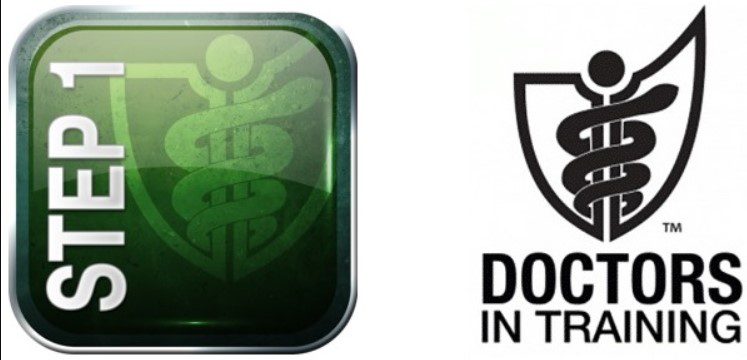

Setting you up with mock patients (actors paid to act as patients).Designed to test whether a medical student is able to function at a level appropriate for a senior-level medical student.Mostly taken at the tail-end of 3rd year or beginning of your 4th year, when you’ve already been exposed to patient care during clinical years.Tests how to make diagnoses, what diagnostic tests should be ordered for a patient based on clinical data and history, lab findings to expect, and the beginnings of treatment.Computer-based, multiple-choice test moving away from the basic sciences and more toward actual patient care.Click To Tweet USMLE Step 2 CK (Clinical Knowledge) The USMLE Step 1 is evolving from being a knowledge-based test to being a more clinical/patient-centered exam. Your Step 1 score can massively impact how many offers you get from top residency programs you want to get into. In that way, it is similar to the MCAT determining which medical schools will look at your application. Changing from knowledge-based test to a more clinical/patient-centered examĭoing well on the USMLE Step 1 gives you a better chance to get into the kind of residency you want.Used as a determining factor in residency application.Usually taken at the end of the second year of medical school.A long, computerized, multiple-choice test based on basic sciences.The USMLE is a three-part exam designed to test whether a medical student is knowledgeable enough to be licensed as a physician. COMLEX will be covered in another episode. Today, he talks about the USMLE Step 1 and Step 2 board exams, their importance on your path to residency, and study strategies and resources you can employ (including the Doctors in Trainingvideos). Mike McInnis, Chief Educator at Doctors in Training, a small company that focuses mainly on test prep specifically for USMLE (United States Medical Licensing Exam) and COMLEX (Comprehensive Osteopathic Medical Licensing Examination) to help medical students pass the boards. Apple Podcasts | Google Podcasts Session 28


 0 kommentar(er)
0 kommentar(er)
